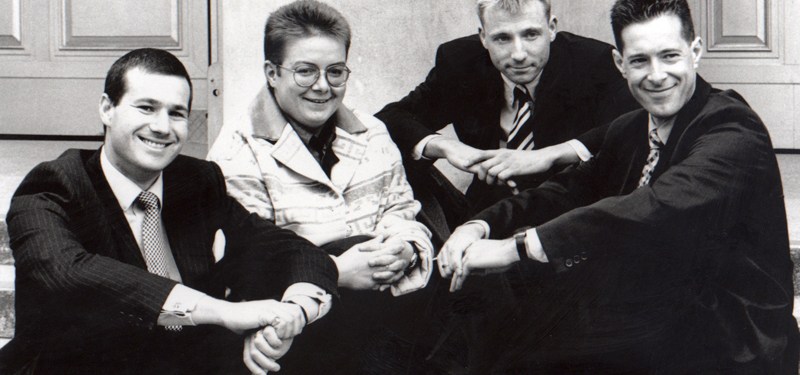Background
Jeanette Smith and Graeme Grady were investigated and dismissed from the armed forces because of their sexual orientation.
In 1994, military investigators separately quizzed Jeanette and Graeme after learning that they were gay. Both were asked intimate questions about their relationships and sex lives before decisions were taken to end their careers.
Jeanette and Graeme – together with two other service members who had experienced the same thing, Duncan Lustig-Prean and John Beckett – applied to the UK courts for a legal review of the decisions.
They argued that the UK authorities’ stance against gay people in the armed forces was “irrational” and in breach of the European Convention on Human Rights. Their application, however, was refused.
The group decided to take a case to the European Court of Human Rights.



